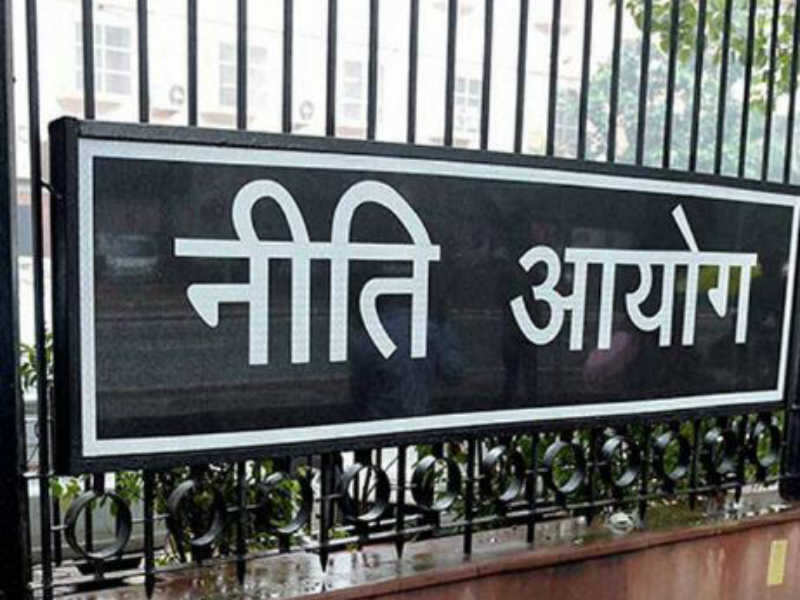Blockchain Technology in India: Driving Decentralization and Digital Transformation
Blockchain technology, often referred to as a distributed ledger technology, has gained significant attention due to its ability to facilitate secure and transparent transactions. At its core, blockchain allows for the sharing of data across a network of untrusted entities without the need for centralized control. This technology introduces a new type of distributed software architecture capable of finding concurrence on shared states without relying on online trust with any central entity/participant. Transactions shared among entities, along with timestamps, are maintained as records and organized into blocks. These blocks are then linked together to form a blockchain, which is distributed across various network nodes. Each participant stores a copy of every transaction and its corresponding hash in a shared ledger. Blockchain's salient properties include pseudonymity, cryptographic guarantees, immutability, shared read and write capabilities, accountability, transparency, and distributed ownership.
Government Adoption of Blockchain in India
Recognizing the potential of blockchain as an enabler of decentralization, transparency, and accountability, the National Institution for Transforming India (NITI Aayog) has executed various use cases in collaboration with government departments and private agencies. These use cases span a wide range of sectors, including land records, pharmaceutical supply chains, fertilizer subsidy disbursement, and educational certificates. The successful implementation of blockchain technology in these areas demonstrates its potential to streamline processes, enhance data integrity, and improve overall efficiency.
Government bodies such as the Reserve Bank of India (RBI) have also begun exploring the application of blockchain technology in the banking domain. Collaborations between Mahindra, IBM, and various banks like SBI, Yes Bank, Axis Bank, and ICICI Bank further highlight the growing interest in leveraging blockchain for supply chain management and banking operations. According to the Blockchain Report 2019 by NASSCOM Avasant India, several states across India have initiated blockchain-based use cases, with land registry, farm insurance, and digital certificates emerging as the top three applications.
The Crypto Bill and Government Initiatives
The crypto bill, currently under consideration, holds the potential to significantly impact the future of blockchain technology in India. As the government seeks to regulate cryptocurrencies, it also aims to encourage the development and adoption of blockchain technology. The bill's provisions and proposals will play a crucial role in shaping the landscape of blockchain implementation in the country. While it is still uncertain what specific instances the bill will present, it is expected to have implications for the growth and utilization of blockchain technology.
As India embraces the transformative potential of blockchain technology, its applications across sectors continue to expand. Government initiatives, collaborations, and the ongoing discussions around the crypto bill are driving the adoption and growth of blockchain technology in the country. By fostering decentralization, transparency, and accountability, blockchain is poised to revolutionize the way data is shared and transactions are conducted in the digital era, paving the way for a more efficient and secure future.



